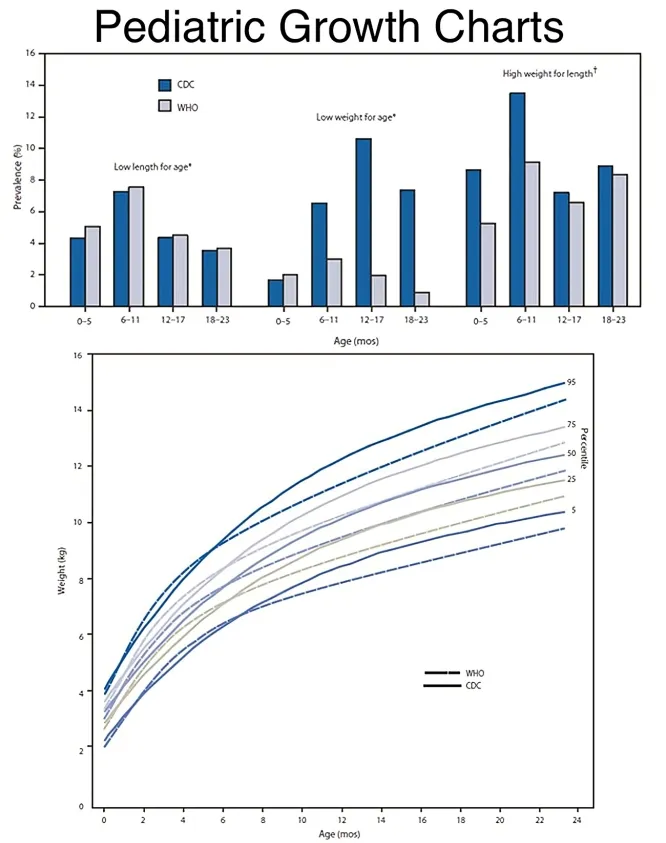


Failure to thrive (FTT) or poor weight gain refers to a condition in which an infant or child does not gain weight at the expected standard of growth. Failure to thrive is not a disease, but rather a sign that a child is undernourished. Failure to thrive is usually the result of one of three main categories:
Because failure to thrive typically occurs in infants and toddlers, it is important to address quickly, as this is a crucial time in brain development. Poor or inadequate nutrition can have permanent negative effects if not corrected. Regularly scheduled well-check appointments with your doctor are the first line of defense against failure to thrive.

Inadequate nutritional intake is the most common reason for failure to thrive. Parents can sometimes mistakenly give too little food if concerned with weight or if the baby is a fussy eater. Depending on the age of the child, failure to thrive can be a result of:
Failure to thrive can occur if a child is unable to utilize the nutrition being given. Health conditions that can prevent a child from gaining weight include:
Excessive caloric expenditure is generally a concern for children who have a history of:
Some infections force the body to use nutrients more quickly while decreasing appetite. Other conditions cause a natural excessive expenditure of calories, making it difficult for the child to keep up with required calorie intake. Most cases of failure to thrive caused by excessive caloric expenditure develop within the first 2 months after birth.
Diagnosing failure to thrive involves keeping accurate measurements of a child’s weight, height (length), and head circumference over a period of time. Generally, a child whose weight falls consistently below the 5th percentile on a growth chart, or whose weight deceleration crosses 2 major percentile lines is considered to be failing to thrive.
While some children may have other factors contributing to low weight, such as small parents or premature birth, any child who meets the failure to thrive criteria should be monitored closely. If failure to thrive is a concern, your doctor will want to evaluate:
Your doctor may recommend keeping a food journal or consulting a nutritionist to assist in tracking calorie intake and ensuring that your child is getting the proper amounts and types of food. If an underlying medical problem is suspected, your doctor may order other diagnostic tests.
Treating failure to thrive involves a regiment of nutritional counseling for catch-up growth. Depending on the child’s age, measures may include:
In severe cases, a child may require a nighttime feeding tube to administer liquid nutrients. Hospitalization could be needed if failure to thrive is extreme and causes an immediate health danger. The overall goal in FTT treatment is to provide adequate nutrition for the child in order to ensure proper long-term growth and development, while giving parental support in any area needed.
If you would like more information about gastrointestinal (GI) digestive disorders and nutrition in children, please contact Dr. Mona Dave’s Frisco Office.